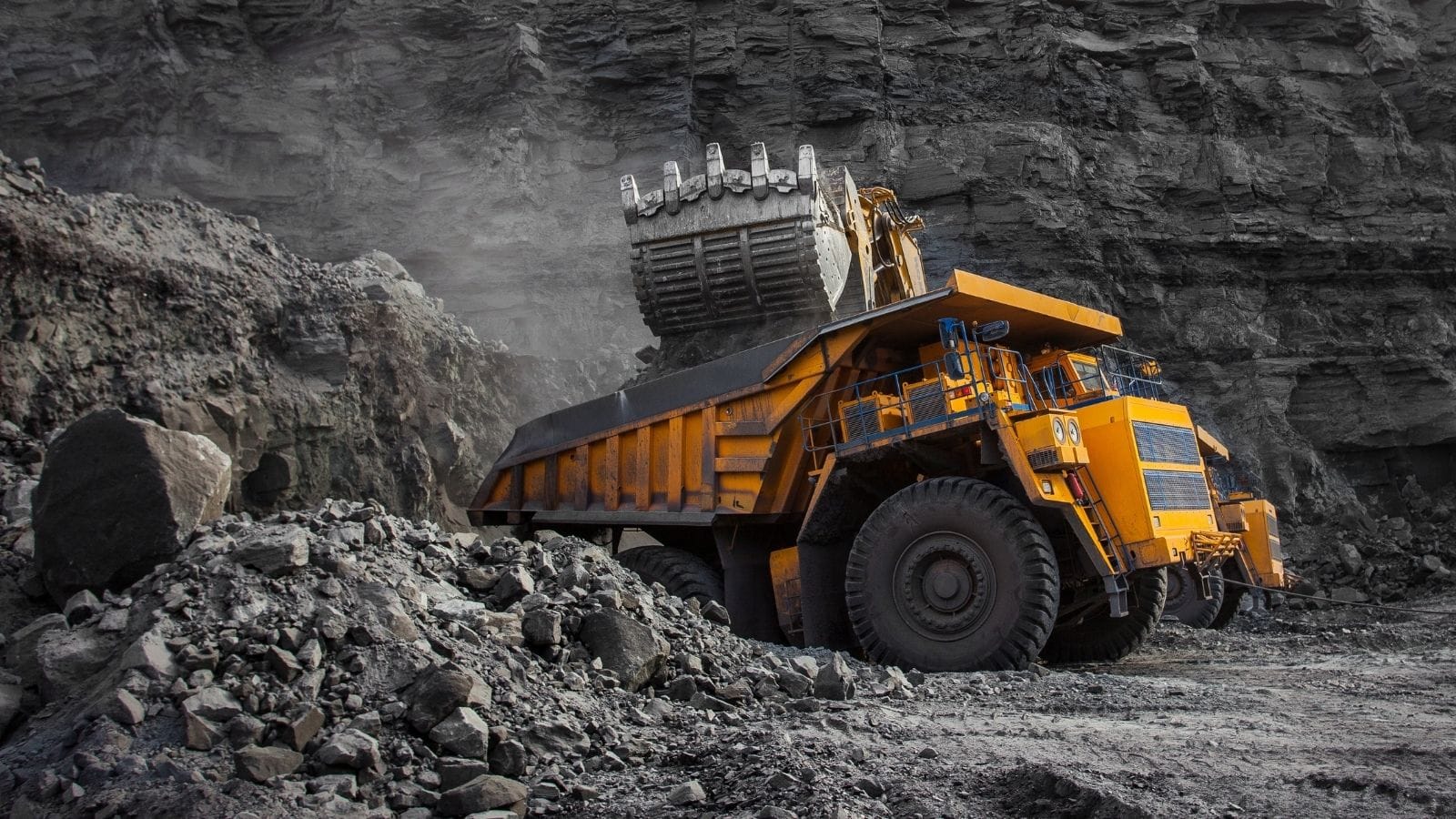Industries
From traditional oil & gas to renewables, chemicals, and mining, our expertise spans industries that drive the global economy.
Oil & Gas
End to end expertise in exploration, production, and trading across one of the world’s most vital industries.
Energy & Natural Resources
Supporting companies in energy efficiency, ESG, and sustainable resource management.
Renewable Energy
Guiding the transition to solar, wind, hydro, and other renewable sources for a cleaner future.
Chemicals
Driving innovation, operational excellence, and market growth in the global chemicals sector.
Mining
Helping mining companies modernize, digitalize, and adopt sustainable practices.
Trading & Ports
Optimizing trading, logistics, and port operations for efficiency, growth, and compliance.
Capabilities
We combine strategy, technology, and deep industry knowledge to deliver tailored solutions that help businesses grow, transform, and lead.
Customer Base Management
Designing and executing strategies to acquire and grow customer value.
Investment Projects
Supporting capital-intensive projects with feasibility studies, project management, and execution expertise.
Business Development
Identifying growth opportunities, building partnerships, and driving expansion into new markets.
Oil & Gas Trading
Delivering expert guidance in trading strategies, market intelligence, and risk management.
Organizational & Digital Consulting
Helping organizations transform digitally while building agile and future ready structures.
Market Advisory
Providing market insights, regulatory guidance, and tailored advisory to navigate complex business environments.
Our Insights
The latest insights, ideas, and perspectives from Boras Global. Explore a cross section of up to date content on the trends transforming global energy, markets, and sustainable growth.
About
Boras Global supports organizations in complex markets, regulations, and digital transformation, delivering measurable impact.
Team
We combine deep industry expertise and innovative solutions to drive lasting transformation in the energy sector.
Values & Approach
Boras Global partners with organizations to turn strategy into measurable impact across energy, infrastructure, and industry.
Our Certificates
Our certifications are proof of our focus on quality management, environmental responsibility, and operational excellence.
+
Countries Served
+
Senior Experts & Advisors
+
Projects Delivered
Core Industries Covered
Career
From traditional oil & gas to renewables, chemicals, and mining, our expertise spans industries that drive the global economy.
International project exposure across 12+ countries
Mentorship from senior experts and industry leaders
Fast track development programs for high performers
A values driven culture focused on impact and inclusion
Contact
Whether you're exploring a strategic partnership, requesting a proposal, or simply want to learn more about our work, Boras Global is ready to connect.
Direct Contact Channel
